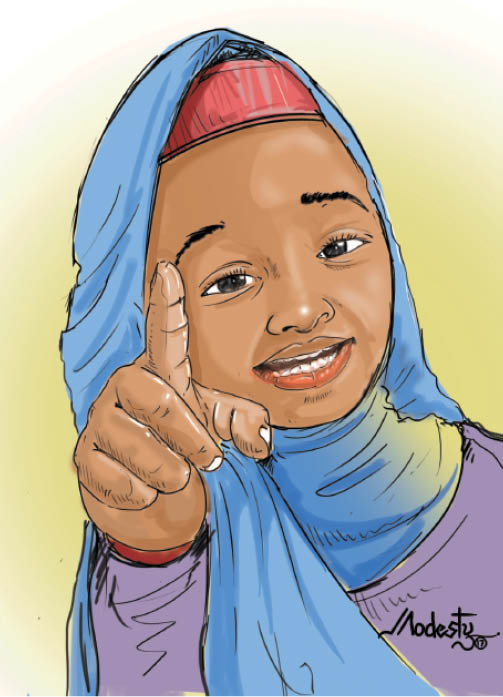Immunization: Nigeria among top countries with zero dose children
Nigeria is one of the top countries in the world with a high number of zero dose children. This means the country has more number of children who have not received the first dose of diphtheria-tetanus-pertussis (DTP) containing vaccine. Immunization prevents diseases, disabilities and deaths from vaccine-preventable diseases (VPDs) such as diphtheria, hepatitis B, measles […]

Nigeria is one of the top countries in the world with a high number of zero dose children.
This means the country has more number of children who have not received the first dose of diphtheria-tetanus-pertussis (DTP) containing vaccine.
Immunization prevents diseases, disabilities and deaths from vaccine-preventable diseases (VPDs) such as diphtheria, hepatitis B, measles and pneumonia.
Experts said there is need to shift the needle to ensure children are protected from diseases.
They said focusing on zero-dose children is important as those who are reached with the first vaccine are highly likely to also receive remaining dosages.
Prof. Enobong Ikpeme, a pediatric nephrologist at the University of Uyo, and a consultant paediatrician at the University of Uyo Teaching Hospital said there is need for increased coverage of routine immunisation across the country, particularly in rural and hard to reach areas.
According to the Nigeria Demographic and Health Survey (NDHS) 2018, nearly 1 in 5 children have received no basic vaccinations.
It said only 31 per cent of children aged 12-23 months have received all eight basic vaccinations -one dose each of BCG (against tuberculosis), and measles vaccine and three doses each of DPT -HepBHib (against diphtheria, whooping cough, tetanus, Hepatitis B etc), and polio vaccine. Less than half of children have received the third dose of polio.
The NDHS said immunisation is one of the most cost-effective ways of preventing many under-five deaths. Immunisation coverage is also one of the indicators used to monitor progress toward the reduction of child morbidity and mortality.
According to the World Health Organisation (WHO), vaccination has greatly reduced the burden of infectious diseases and immunization can save a child’s life and protect the quality of their livelihood.
With adequate interventions for immunization in Nigeria, time and money expended on treating/managing vaccine-preventable diseases can be avoided.
In the last two years, the COVID-19 pandemic also disrupted mass immunization programmes for children. The lockdown instituted in the country in 2020 as well as fear of infection prevented mothers from taking their children to health facilities for vaccination.
These left millions of children at the risk of measles, polio, diphtheria and other childhood diseases as a result of the vaccine disruptions.
Despite some progress made in routine immunization coverage over the years, Nigeria still contributes 30 per cent of the global number of unimmunized children between the ages of zero and five.
UNICEF says access to routine immunization, a powerful public health tool for improving child survival, is a basic right for all children, but it is one that seems far removed for children born in north-central Nigeria, especially those living in remote villages
It says for Nigeria, reaching the zero-dose children is at the core of ensuring all children are reached with life-saving vaccines across the 774 local government areas in the 36 states and the Federal Capital Territory (FCT).
UNICEF’s advocacy success encouraged government’s partnership in the zero-dose campaign and led to the intensification of vaccination efforts, including a campaign launched in June 2021.
To ensure increased immunization coverage, there is need for improved child services, increased public awareness on immunization for children and increased efforts by government and all stakeholders to ensure high-quality, timely, free and accessible immunization programmes at all levels.
